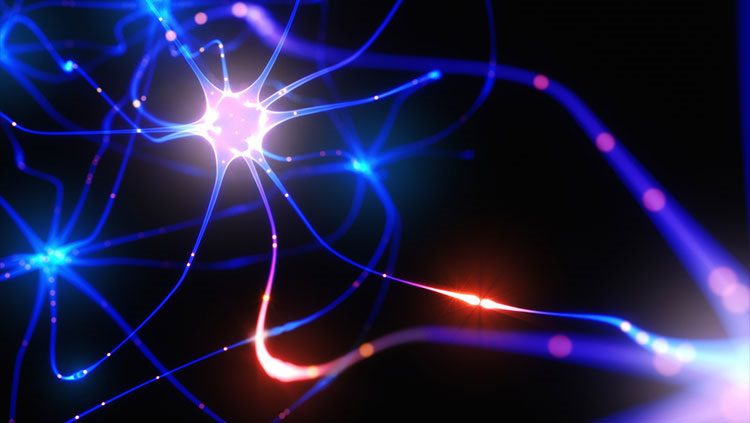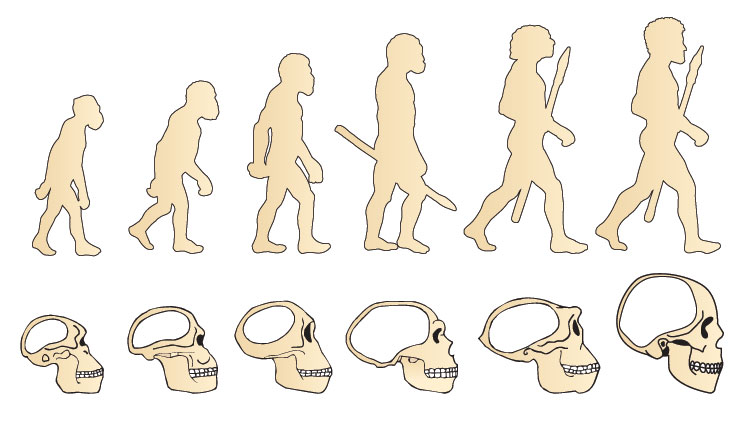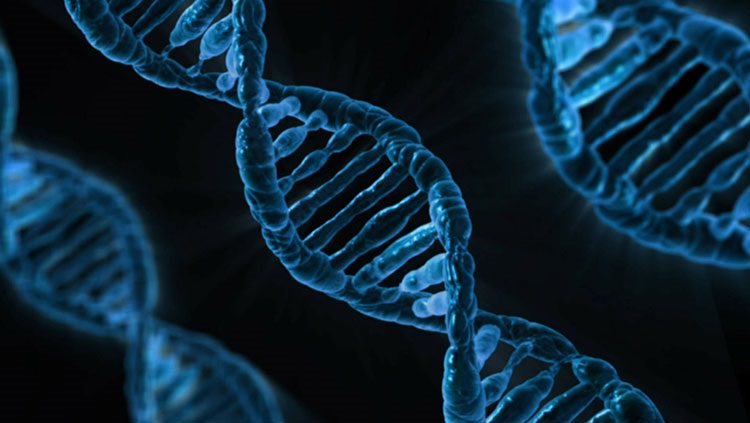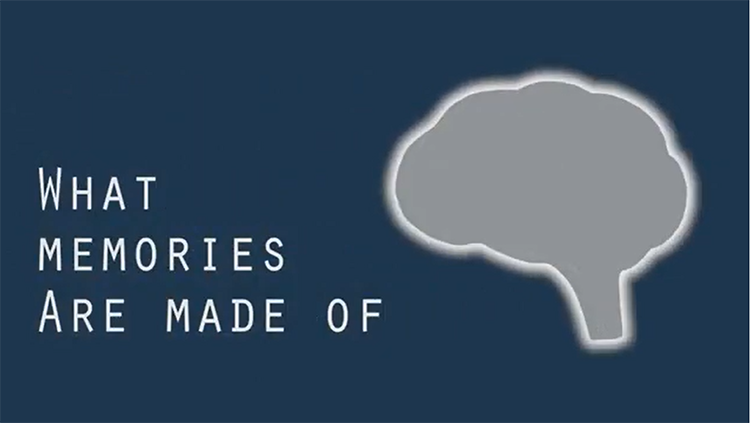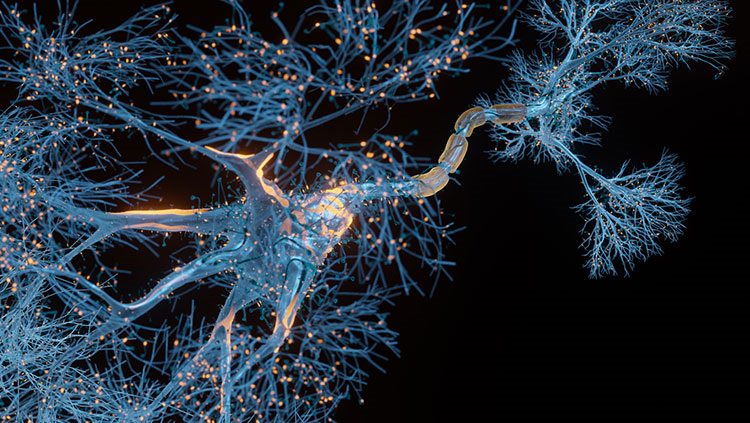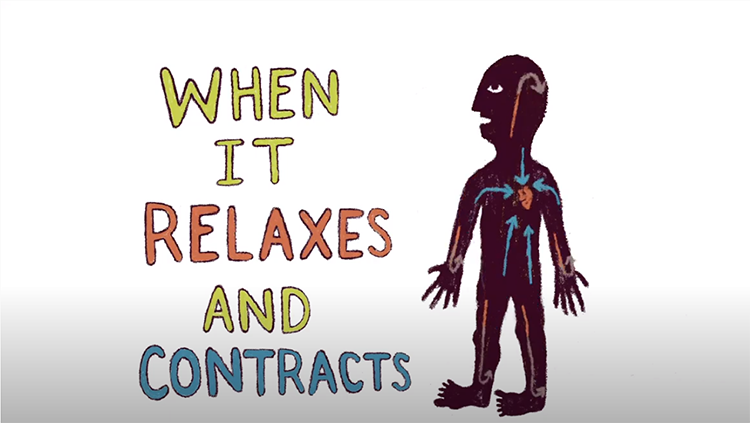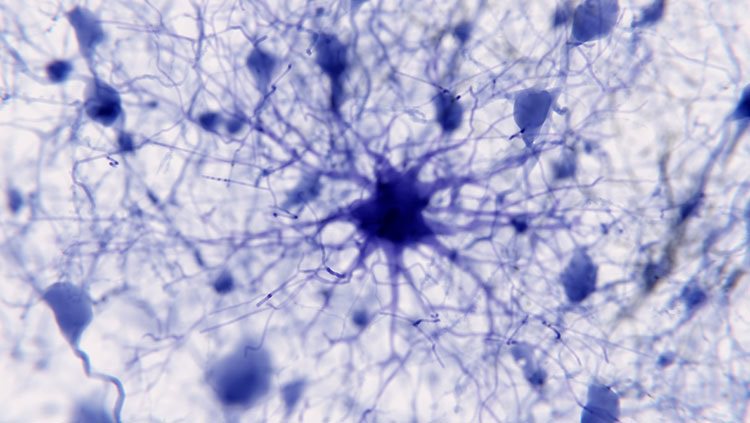Filter
-
(5)
-
(3)
-
(4)
-
-
(2)
-
(9)
-
(19)
-
(3)
-
(1)
-
(1)
-
(2)
-
(1)
-
(1)
-
(1)
-
(1)
-
(15)
-
(1)
-
(3)
-
(1)
-
(1)
-
(1)
-
(1)
-
(1)
-
(1)
-
(3)
-
(1)
-
(1)
-
(1)
-
(2)
-
(1)
-
(2)
-
-
(6)
-
(2)
-
(4)
-
-
(1)
-
(4)
-
(1)
-
(1)
-
(2)
-
-
(96)
-
(45)
-
(11)
-
(49)
-
(3)
-
(5)
-
-
(7)
-
(1)
-
(7)
-
(1)
-
-
(23)
-
(1)
-
(1)
-
(19)
-
(4)
-
-
(4)
-
(4)
-
-
(2)
-
(1)
-
(1)
-
-
(4)
-
(8)
-
(1)
-
(3)
-
(2)
-
(1)
-
(2)
-
(1)
-
-
(46)
-
(4)
-
(1)
-
(1)
-
(4)
-
(2)
-
(3)
-
(22)
-
(7)
-
(9)
-
-
(5)
-
(10)
-
(4)
-
(2)
-
(6)
-
-
(5)
-
(1)
-
(4)
-
(2)
-
(1)
-
(1)
-
-
(3)
-
(31)
-
(13)
-
(3)
-
(1)
-
(8)
-
-
(8)
-
(1)
-
(1)
-
(2)
-
(3)
-
(4)
-
-
(17)
-
(2)
-
(17)
-
-
(1)
-
(2)
-
(12)
-
(7)
-
(5)
-
(1)
-
-
(1)
-
(1)
-
-
(23)
-
(8)
-
(5)
-
(2)
-
(3)
-
(4)
-
-
(1)
-
(3)
-
(1)
-
(3)
-
(3)
-
-
(1)
-
(1)
-
-
(1)
-
(1)
-
-
(4)
-
(1)
-
(1)
-
(4)
-
-
(7)
-
(1)
-
(2)
-
(2)
-
(1)
-
(1)
-
-
(116)
-
(8)
-
(18)
-
(7)
-
(17)
-
(22)
-
(5)
-
(1)
-
(48)
-
(3)
-
(11)
-
(1)
-
(10)
-
(3)
-
(4)
-
(20)
-
(1)
-
(4)
-
-
(6)
-
(4)
-
(1)
-
(1)
-
-
(88)
-
(2)
-
(25)
-
(6)
-
(38)
-
(1)
-
(26)
-
(2)
-
(24)
-
(1)
-
(5)
-
(3)
-
(6)
-
(22)
-
(1)
-
(1)
-
(2)
-
(8)
-
(4)
-
(1)
-
(15)
-
(3)
-
(1)
-
(8)
-
(3)
-
(136)
41 - 50 of 160 results
-
The mind-altering chemical in marijuana — tetrahydrocannabinol, or THC — distorts perception and alters a person’s sense of time, space, and self.
-
Neurons communicate via electrochemical signals, influenced by voltage changes across neuronal membranes.
-
Arousal is a physiological state involving brain and body changes that motivate behavior and enable response to stimuli.
-
The evolution of the human brain stemmed from a simple tube.
-
Different genes direct different cellular activities, guiding variations among neurons.
-
The brain stores memories by changing how neurons talk to each other.
-
Down syndrome is a condition associated with mild to moderate intellectual disabilities, low muscle tone, and an increased risk of other body system issues.
-
Molecules can bind to different neurotransmitter receptors, changing the way they function.
-
Contrary to popular depictions, love resides in the brain — not the heart.
-
The human brain contains billions of neurons and glial cells.



